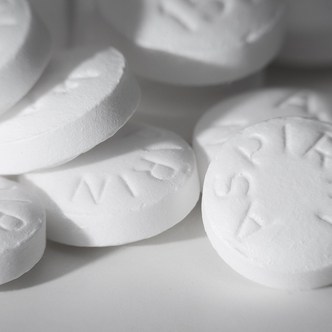A draft recommendation posted by the US Preventive Services Task Force (USPSTF) proposes changes in the current recommendation on the use of aspirin for the primary prevention of cardiovascular disease (CVD). The new draft recommendation concludes with moderate certainty that initiating aspirin use for the primary prevention of CVD events in adults older than 60 years has no net benefit. If finalized, the new recommendation will replace the 2016 USPSTF recommendation on aspirin use to prevent CVD and colorectal cancer (CRC) and will recommend against initiating low-dose aspirin for the primary prevention of CVD in adults aged 60 and older.
For adults ages 40 to 59 years who have a 10% or greater 10-year CVD risk, the USPSTF recommends that the decision to initiate low-dose aspirin use for the primary prevention of CVD should be an individual one.
The change is based on new analyses of the evidence from primary CVD prevention populations, longer-term follow-up data from the Women’s Health Study, and new trial evidence. The evidence shows that aspirin use for primary prevention of CVD is associated with a decreased risk of myocardial infarction and stroke but not cardiovascular mortality or all-cause mortality.






